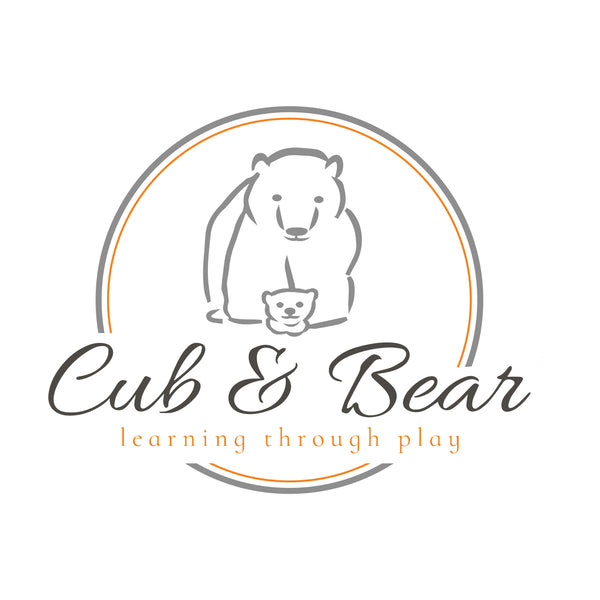As preschoolers continue to grow and develop, their natural curiosity and creativity flourish, making sensory play an essential component of their learning journey. Through imaginative and open-ended sensory experiences, preschoolers can explore the world around them, experiment with different materials, and express their creativity in meaningful ways. In this blog post, we'll delve into the exciting realm of sensory play for preschoolers, sharing ideas and tips for encouraging creativity, imagination, and holistic development.
The Importance of Sensory Play for Preschoolers
Sensory play remains crucial for preschoolers' development, providing them with opportunities to engage their senses, explore new materials, and make discoveries about the world. Imaginative and open-ended sensory experiences stimulate preschoolers' creativity, allowing them to express themselves freely and engage in imaginative play. Sensory play also supports the development of essential skills such as problem-solving, language development, and fine and gross motor skills, laying the foundation for future learning and success.
Sensory Play Ideas for Preschoolers
Thematic Sensory Bins:
- Create themed sensory bins filled with materials such as rice, sand, or water, along with thematic elements such as toy animals, vehicles, or natural objects.
- Encourage preschoolers to engage in imaginative play, storytelling, and role-playing as they explore the sensory materials and interact with the themed elements.
Messy Sensory Art Activities:
- Offer messy sensory art activities such as finger painting, slime making, or sensory playdough sculpting to unleash preschoolers' creativity and imagination.
- Provide a variety of tools and materials for preschoolers to experiment with, allowing them to explore different textures, colours, and patterns in their artwork.
Sensory Exploration with Natural Materials:
- Take preschoolers on sensory walks in nature to explore the sights, sounds, and textures of the outdoors.
- Collect natural materials such as leaves, sticks, flowers, and rocks for preschoolers to investigate and use in sensory play activities, fostering a connection to the natural world.
Sensory Science Experiments:
- Engage preschoolers in hands-on sensory science experiments, such as creating fizzy reactions with baking soda and vinegar, exploring sinking and floating with water play, or making sensory slime.
- Encourage preschoolers to observe, predict, and experiment as they explore scientific concepts through sensory experiences.
Tips for Creating a Sensory-Rich Environment
- Provide a variety of sensory materials and textures for preschoolers to explore, including soft, rough, smooth, and bumpy textures.
- Offer opportunities for open-ended play and exploration, allowing preschoolers to follow their interests and engage in self-directed learning.
- Incorporate literacy and numeracy skills into sensory play experiences through activities such as letter hunts, number sorting, or counting games.
- Encourage cooperative play and social interaction during sensory play activities, fostering communication, collaboration, and teamwork among preschoolers.
Sensory play is a powerful tool for promoting creativity, imagination, and holistic development in preschool-aged children. By embracing sensory play experiences that engage the senses, stimulate curiosity, and encourage exploration, parents and educators can provide preschoolers with valuable opportunities to learn, grow, and express themselves in meaningful ways. Let's inspire creativity and imagination through sensory play and nurture the potential of every preschooler to thrive and succeed.

